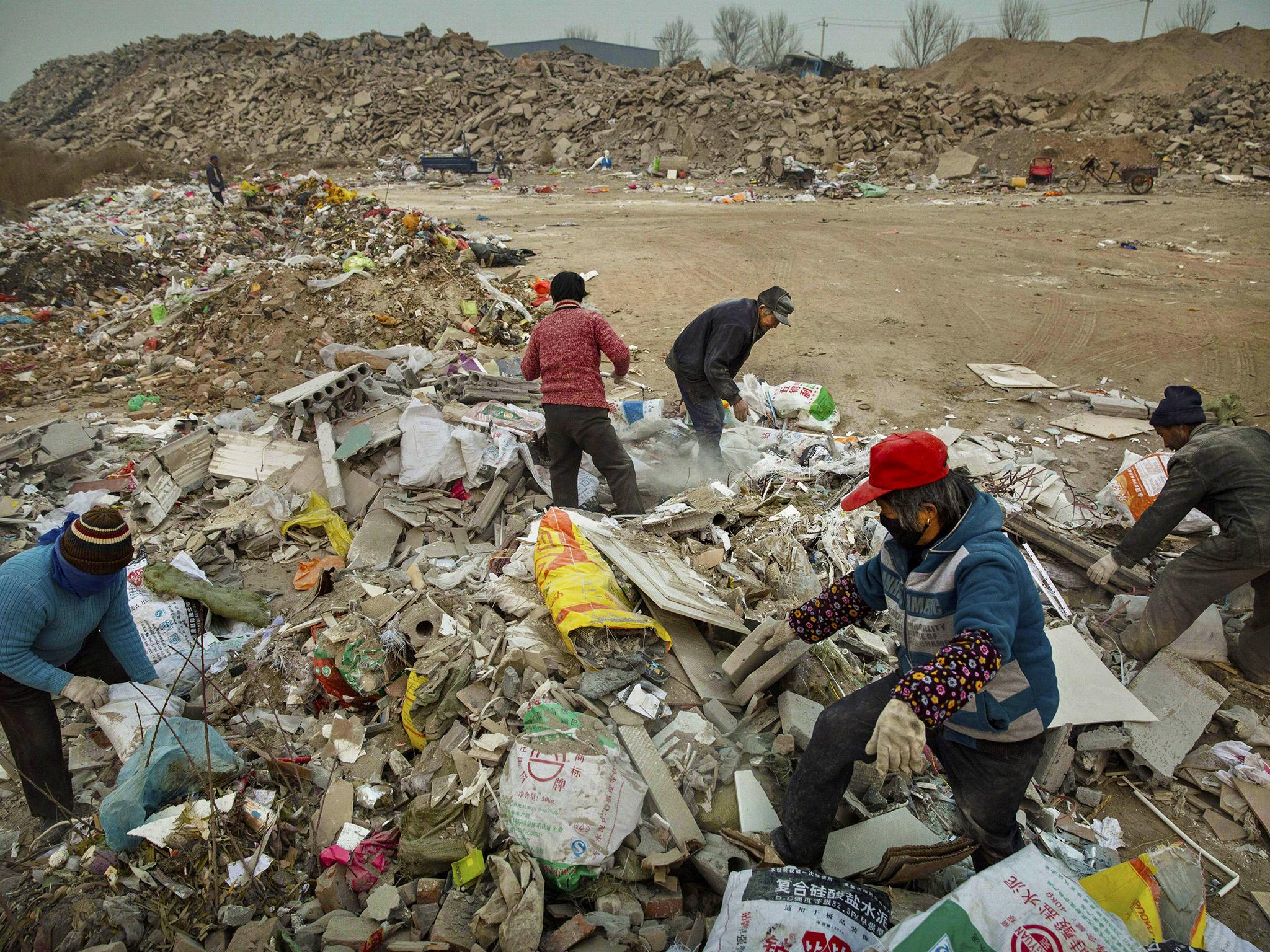China ban keeps up to 100 billion bags out of landfills

Your support helps us to tell the story
From reproductive rights to climate change to Big Tech, The Independent is on the ground when the story is developing. Whether it's investigating the financials of Elon Musk's pro-Trump PAC or producing our latest documentary, 'The A Word', which shines a light on the American women fighting for reproductive rights, we know how important it is to parse out the facts from the messaging.
At such a critical moment in US history, we need reporters on the ground. Your donation allows us to keep sending journalists to speak to both sides of the story.
The Independent is trusted by Americans across the entire political spectrum. And unlike many other quality news outlets, we choose not to lock Americans out of our reporting and analysis with paywalls. We believe quality journalism should be available to everyone, paid for by those who can afford it.
Your support makes all the difference.As many as 100 billion plastic shopping bags have been kept out of landfills in China since authorities ordered supermarkets to stop giving them out for free, a packaging industry group official said.
Dong Jinshi, who had campaigned for the June 2008 nationwide ban on the distribution of free plastic bags, said the order had stopped an estimated 36.5 billion of them ending up in China's landfills each year.
"It's possible that as many as 100 billion plastic shopping bags were kept out since the introduction of the law," Dong, vice-chairman of the International Food Packaging Association in Beijing, told AFP late Wednesday.
An estimated three billion plastic bags were being used in China daily before the government ordered supermarkets throughout the nation to charge a fee for each bag.
China - which last week admitted it is the world's biggest greenhouse gas emitter - has some of the world's worst water and air pollution after rapid growth over the past 30 years triggered widespread environmental damage.
Join our commenting forum
Join thought-provoking conversations, follow other Independent readers and see their replies
Comments